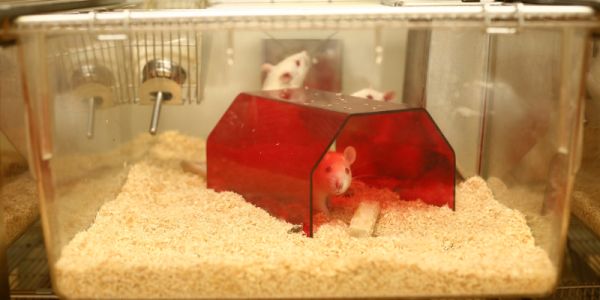
NHS Health Check falls short of its target
Fewer than half of people eligible for a mid-life NHS Health Check in England actually received one, according to a review of evidence.

Fewer than half of people eligible for a mid-life NHS Health Check in England actually received one, according to a review of evidence.

The complex 3D structure of one of the world’s most lethal families of plant viruses has been revealed in unprecedented detail by scientists at the University of Leeds.

Scientists and educators involved in animal research in emerging countries are sharing good practice ideas, plus debating welfare and ethics, as part of pioneering work led by the University.

Early results from a small-scale clinical trial have revealed the potential of a virus to treat some advanced cancers.

Water samples from UK rivers contained significantly higher concentrations of microplastics downstream from wastewater treatment plants, researchers have found.

A molecular compound in green tea could hold the key to preventing deaths from heart attacks and strokes caused by atherosclerosis, according to new research.

Natural dyes extracted from blackcurrant waste created during Ribena manufacture have for the first time been used in an effective new hair dyeing technology, developed at the University of Leeds.

Research led by Leeds professors has led to a better quality of life for thousands of people around the world who have received tissue regeneration treatment.

A University of Leeds spin-out company is partnering in Europe’s first bioenergy carbon capture storage project.

Peatlands are vital to UK water security and must be protected to preserve the UK’s water supply, warn scientists.